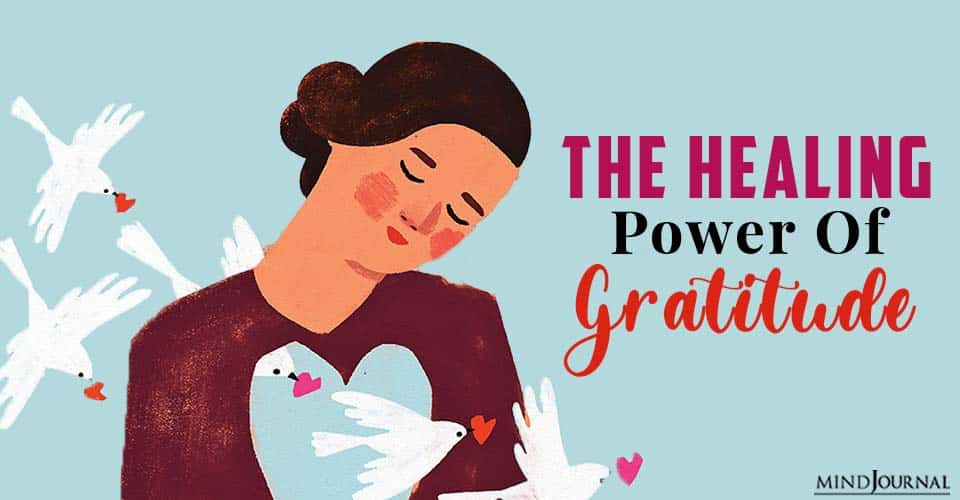
“Cultivate the habit of being grateful for every good thing that comes to you, and to give thanks continuously. And because all things have contributed to your advancement, you should include all things in your gratitude.”― Ralph Waldo Emerson
‘It’s moral, feels great and keeps you healthy. But being grateful isn’t just good for you – it might hold the key to a more peaceful world.’*
‘How Gratitude Changes You and Your Brain’
‘New research is starting to explore how gratitude works to improve our mental health.’
'With the rise of managed health care, which emphasizes cost-efficiency and brevity, mental health professionals have had to confront this burning question: How can they help clients derive the greatest possible benefit from treatment in the shortest amount of time?
'Recent evidence suggests that a promising approach is to complement psychological counseling with additional activities that are not too taxing for clients but yield high results. In our own research, we have zeroed in on one such activity: the practice of gratitude. Indeed, many studies over the past decade have found that people who consciously count their blessings tend to be happier and less depressed…’- Continue to read
See also: Feeling the healing power of gratitude
Thanksgiving vs. Black Friday: Where is the Gratitude?
Opening Remarks: In Gratitude for your Friendship and Support

Everybody knows that having an attitude of gratitude makes people happier. Another positive effect however, is that it can make you physically healthier. Psychologists Dr. Robert A. Emmons of the University of California, Davis, and Dr. Michael E. McCullough of the University of Miami have been conducting research experiments on the effects of gratitude in people’s lives. People that are thankful have shown to have better lifestyles and less visits to the doctor. It is hard to completely prove if the reduction in visits to the doctor has a direct correlation with an attitude of gratitude. However, whether it is a direct or indirect effect, it is still a very valuable finding. Being grateful doesn’t cost any money and doesn’t have any negative side effects, so why not give it a try!
“The word gratitude is derived from the Latin word gratia, which means grace, graciousness, or gratefulness (depending on the context). In some ways gratitude encompasses all of these meanings. Gratitude is a thankful appreciation for what an individual receives, whether tangible or intangible. With gratitude, people acknowledge the goodness in their lives. In the process, people usually recognize that the source of that goodness lies at least partially outside themselves. As a result, gratitude also helps people connect to something larger than themselves as individuals — whether to other people, nature, or a higher power. In positive psychology research, gratitude is strongly and consistently associated with greater happiness. Gratitude helps people feel more positive emotions, relish good experiences, improve their health, deal with adversity, and build strong relationships.” …
Read the full article: In Praise of Gratitude - Harvard Health
Could gratitude be the most important emotion of all?
“It’s moral, feels great and keeps you healthy. But being grateful isn’t just good for you – it might hold the key to a more peaceful world”
“All the members of human society stand in need of each other's assistance.”- Adam Smith
In the link above, we read about the individual benefits of practicing gratitude. “But it’s the relational aspects of gratitude that make it a powerful weapon against misery and conflict. It acts as social glue, something that has been recognised down the ages. Cicero called it “not only the greatest of the virtues, but the parent of all the others”. In his Theory of Moral Sentiments, Adam Smith wrote: “All the members of human society stand in need of each other’s assistance, and are likewise exposed to mutual injuries. Where the necessary assistance is reciprocally afforded from love, from gratitude, from friendship, and esteem, the society flourishes and is happy.” Psychologists and sociologists have discovered that experiencing gratitude means you are more likely to behave in ways that induce gratitude in others. It also acts as a “moral reinforcer”, binding people in – entirely voluntarily – to a cycle of altruism.”…
*Read the full article: Is gratitude the most important emotion of all? | David Shariatmadari | Comment is free | The Guardian
